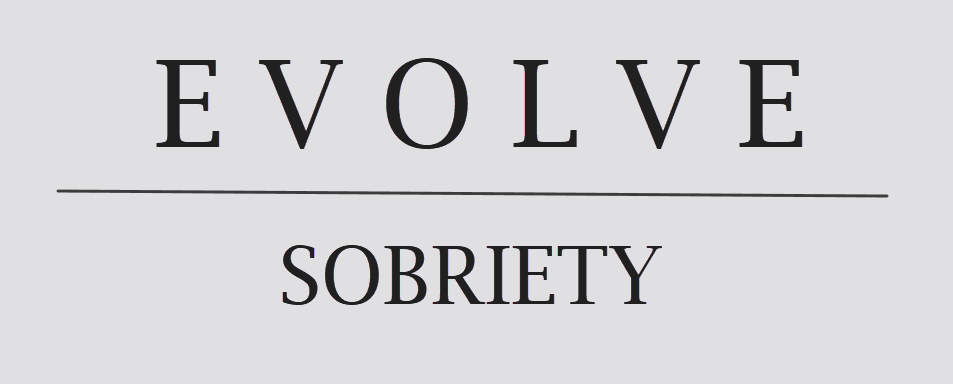ADDICTION: In a world of its own…
Questions, explanations and theories surrounding addiction (substance and process addictions) are numerous and diverse..
Addiction has been equated to complex health conditions such as diabetes or cancer. The condition can be treated and managed, having periods of remission that may include relapse at times. It doesn’t matter who you are, where you are from, your ethics, integrity, background, education, socioeconomic status and so on, addictions that includes drugs & alcohol, as well as process addictions like sex and gambling, can afflict anyone.
Is addiction nature or nurture? What came first the addiction or the mental health component?
As unique as the individual is, so too is the uniqueness of how and why their addictions took root. We encourage you to research & educate yourselves on drug & alcohol addiction. Knowledge is power.
Current studies are now concluding that trauma (PTSD) is a precursor to addiction & mental health concerns. Likewise, it is believed that depression, bipolar disorder and anxiety are contributing factors to substance abuse.
There does seem to be one universal truth concerning recovery from addiction, and that is, it is almost never the case that one could overcome it while alone or isolating themselves from outside recovery or treatment resources.

“We can’t solve problems by using the same kind of thinking we used when we created them”
– Albert Einstein –

Our Focus
Our focus at Evolve is the “how to” of Recovery.
- Finding solutions is our mandate
- Supporting individuals and families in recovery is our passionate commitment
- Practical guidance and knowledge is the basis for our success
Call now for more information | (877) 747-4887
There is help! There is hope! There is magic in Recovery!
We invite you to explore the resources we’ve included below…
The AWARE Questionnaire (Advance WArning of RElapse) was designed as a measure of the warning signs of relapse, as described by Gorski (Gorski & Miller, 1982).
Developed by Dr. John Ewing, founding Director of the Bowles Center for Alcohol Studies, University of North Carolina at Chapel Hill, CAGE is an internationally used assessment instrument for identifying alcoholics. It is particularly popular with primary caregivers.
Questions concerning information about ones potential involvement with drugs not including alcoholic beverages during the past 12 months.
Gambling assessment tool adapted from the American Psychiatric Association Diagnostic Criteria from the DSM-IV 1994.
